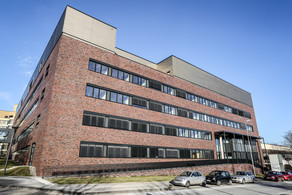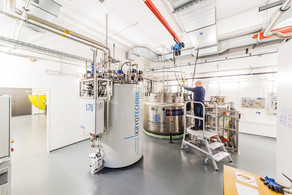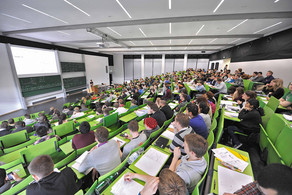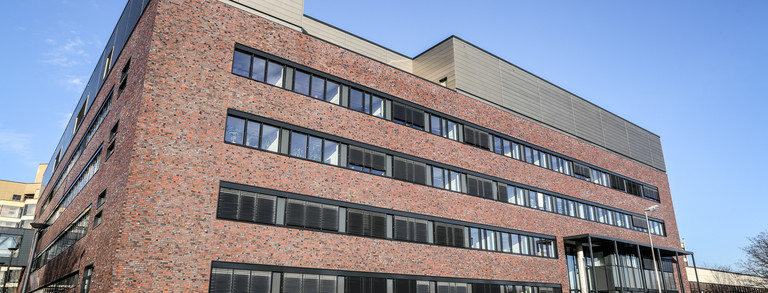Nuclear physics for next-generation cancer therapy
- Colloquium

Prof. Dr. Marco Durante
Particle therapy is a rapidly growing and potentially the most effective and precise radiotherapy technique. However, physics research is needed to address a few problems that hamper its wider diffusion.
First, particle therapy is too expensive. Cheaper and smaller accelerators and beam delivery systems are necessary. Second, the position of the Bragg peak in the body is known with insufficient accuracy. Range uncertainties jeopardize the benefits of the sharp Bragg peak and force to use wide margins extending in the normal tissue. In addition, new detectors can improve imaging and dose monitoring while high-precision fragmentation measurements can improve transport codes used in treatment plans.
In this lecture we will give some examples of applications of nuclear physics to particle therapy. In particular, for reducing range uncertainty we will discuss the use of radioactive ion beams (RIBs) for simultaneous treatment and online range verification using positron emission tomography (PET). In this context, the ERC AdG BARB (Biomedical Applications of Radioactive ion Beams) project was initiated at GSI/FAIR aiming to assess the technical feasibility and investigate possible advantages of RIBs in preclinical studies.








